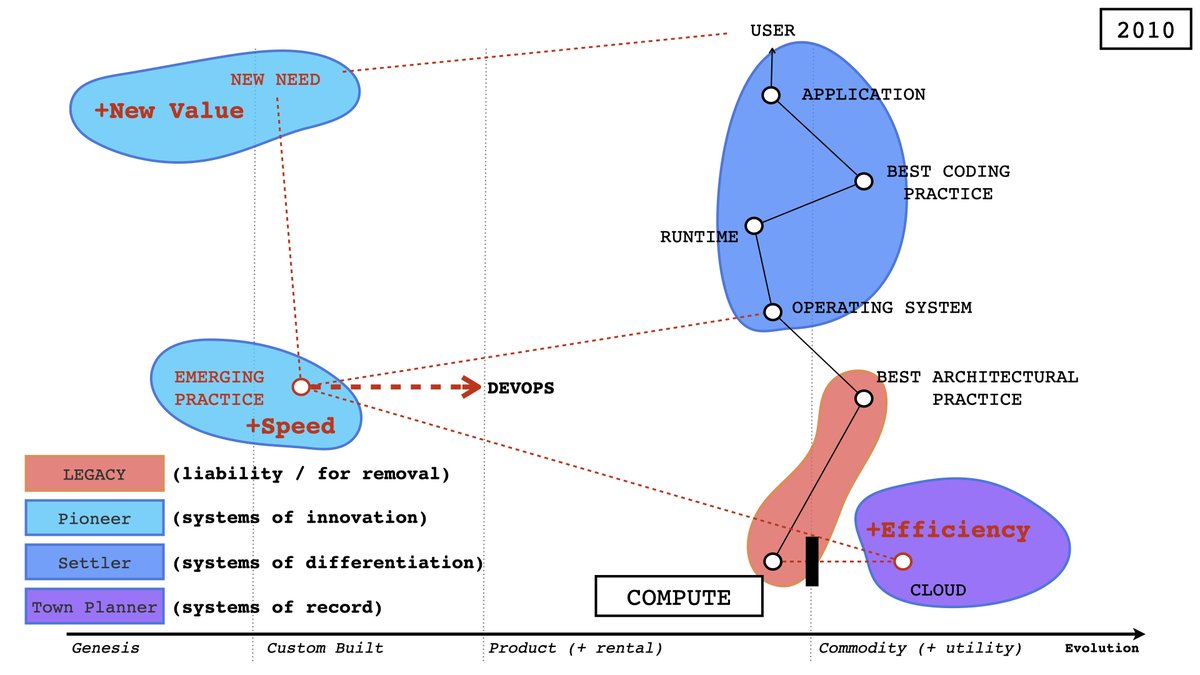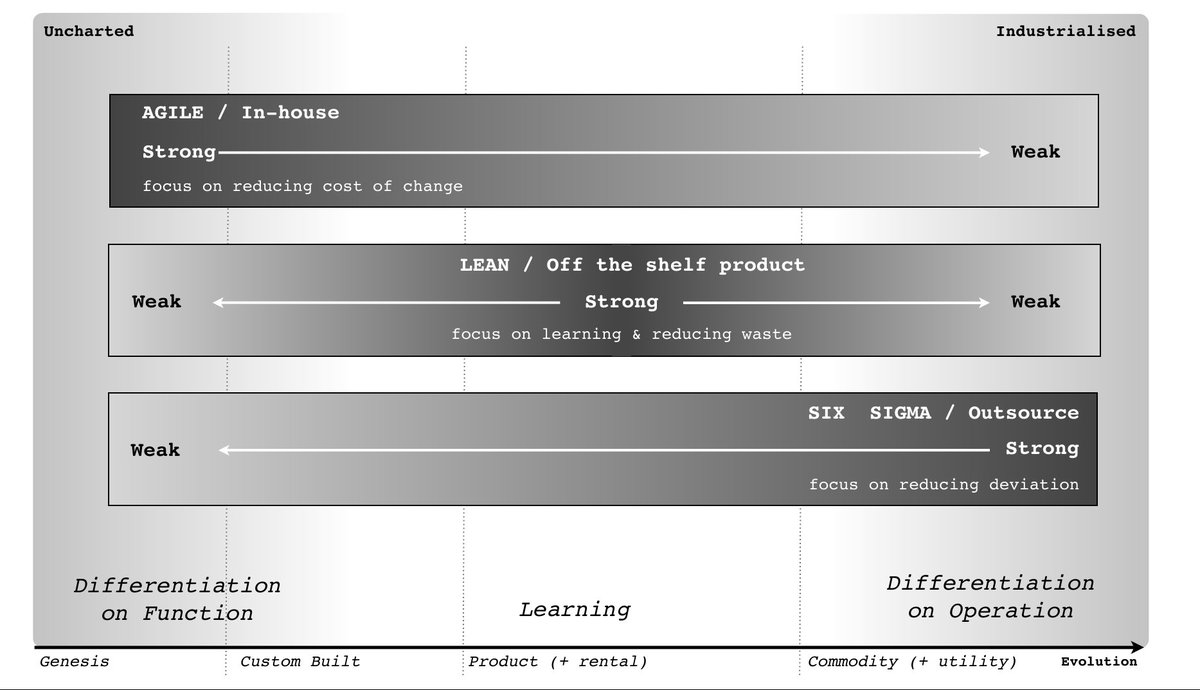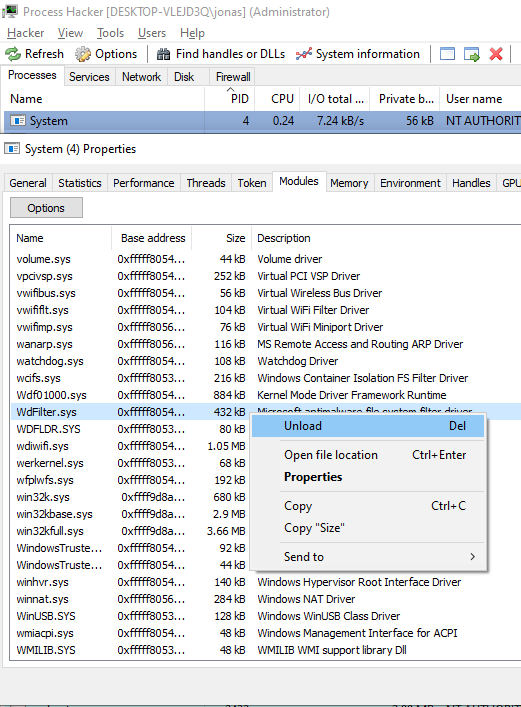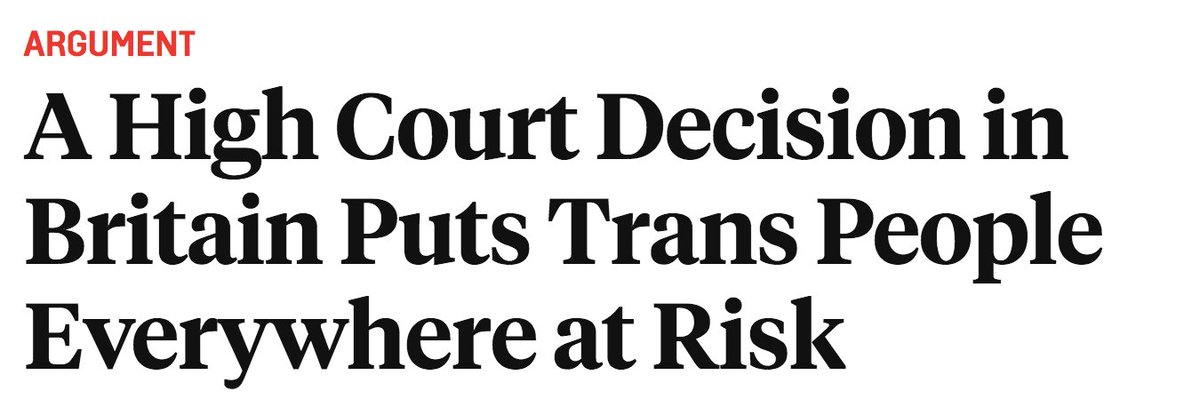I have been a Substack and Patreon user for a few years now. And though more than one social media giant has, in recent months, expressed the desire to help writers and journalists monetise their audience, there are very good reasons to take these SOPs with a pinch of salt.
More from Internet
There are lots of problems with ad-tech:
* being spied on all the time means that the people of the 21st century are less able to be their authentic selves;
* any data that is collected and retained will eventually breach, creating untold harms;
1/

* data-collection enables for discriminatory business practices ("digital redlining");
* the huge, tangled hairball of adtech companies siphons lots (maybe even most) of the money that should go creators and media orgs; and
2/
* anti-adblock demands browsers and devices that thwart their owners' wishes, a capability that can be exploited for even more nefarious purposes;
That's all terrible, but it's also IRONIC, since it appears that, in addition to everything else, ad-tech is a fraud, a bezzle.
3/
Bezzle was John Kenneth Galbraith's term for "the magic interval when a confidence trickster knows he has the money he has appropriated but the victim does not yet understand that he has lost it." That is, a rotten log that has yet to be turned over.
4/
Bezzles unwind slowly, then all at once. We've had some important peeks under ad-tech's rotten log, and they're increasing in both intensity and velocity. If you follow @Chronotope, you've had a front-row seat to the
* being spied on all the time means that the people of the 21st century are less able to be their authentic selves;
* any data that is collected and retained will eventually breach, creating untold harms;
1/

* data-collection enables for discriminatory business practices ("digital redlining");
* the huge, tangled hairball of adtech companies siphons lots (maybe even most) of the money that should go creators and media orgs; and
2/
* anti-adblock demands browsers and devices that thwart their owners' wishes, a capability that can be exploited for even more nefarious purposes;
That's all terrible, but it's also IRONIC, since it appears that, in addition to everything else, ad-tech is a fraud, a bezzle.
3/
Bezzle was John Kenneth Galbraith's term for "the magic interval when a confidence trickster knows he has the money he has appropriated but the victim does not yet understand that he has lost it." That is, a rotten log that has yet to be turned over.
4/
Bezzles unwind slowly, then all at once. We've had some important peeks under ad-tech's rotten log, and they're increasing in both intensity and velocity. If you follow @Chronotope, you've had a front-row seat to the
The numbers are all fking fake, the metrics are bullshit, the agencies responsible for enforcing good practices are knowing bullshiters enforcing and profiting off all the fake numbers and none of the models make sense at scale of actual human users. https://t.co/sfmdrxGBNJ pic.twitter.com/thvicDEL29
— Aram Zucker-Scharff (@Chronotope) December 26, 2018
We’ve spent the last ten months building #CitizenBrowser, a project that aims to peek inside the Black Box of social media algorithms, by building a nationwide panel to share data with us. Today, we are publishing our first story from the project. /1
.@corintxt crunched the numbers and found that after Facebook flipped the switch for political ads, partisan content elbowed out reputable news outlets in our panelists’ news feeds. https://t.co/Z0kibSBeQZ /2
You can learn more in our methodology, where we describe how we did this and what steps we took to ensure that we preserved the panelists' privacy. https://t.co/UYbTXAjy5i /3
Personally, this project is the culmination of years of experiments trying to figure out how to collect data from social media platforms in a way that can lead to meaningful reporting. I’ve described a couple of highlights below 👇 /4
My first attempt was in 2016 at Propublica, when I was working with @JuliaAngwin . We were interested in seeing if there was a difference in the Ad interests FB disclosed to users in their settings and the interests they showed to marketers. /5
.@corintxt crunched the numbers and found that after Facebook flipped the switch for political ads, partisan content elbowed out reputable news outlets in our panelists’ news feeds. https://t.co/Z0kibSBeQZ /2
You can learn more in our methodology, where we describe how we did this and what steps we took to ensure that we preserved the panelists' privacy. https://t.co/UYbTXAjy5i /3
Personally, this project is the culmination of years of experiments trying to figure out how to collect data from social media platforms in a way that can lead to meaningful reporting. I’ve described a couple of highlights below 👇 /4
My first attempt was in 2016 at Propublica, when I was working with @JuliaAngwin . We were interested in seeing if there was a difference in the Ad interests FB disclosed to users in their settings and the interests they showed to marketers. /5


























